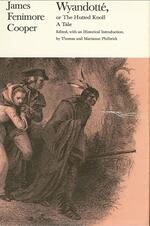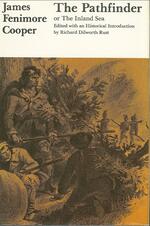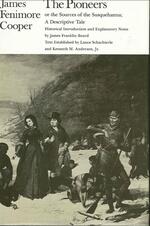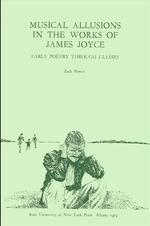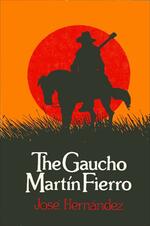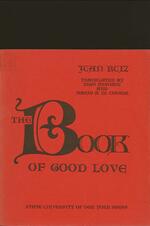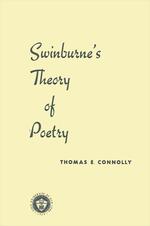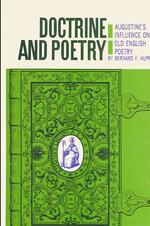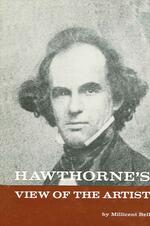General Interest
Wyandotte, or the Hutted Knoll
"One of the misfortunes of a nation, is to hear little besides its own praises," wrote James Fenimore Cooper in his Preface to Wyandotté in 1843. The novel arrived at a time when a patriotic mythology ...
The Pathfinder
With the publication of The Pathfinder in 1840, James Fenimore Cooper engaged in what he called the "hazardous experiment" of reviving one of his most popular characters who had been allowed to die in ...
The Pioneers or the Sources of the Susquehanna
Written in 1821-22 at a crucial point in Cooper's life and based on some of his most cherished youthful memories, The Pioneers today evokes the American pioneering experience with astonishing vibrance ...
Newdick's Season of Frost
In 1935 Professor Robert Newdick of Ohio State University wrote to Robert Frost—already America's most famous living poet—in order to suggest certain revisions in the arrangement of the poet's collected ...
Musical Allusions in the Works of James Joyce
Professor Bowen's book is more than a simple collection of musical allusions; it is an engaging discussion of how Joyce uses music to expand and orchestrate his major themes. The introductions to the ...
The Gaucho Martín Fierro
This is a poem of protest drawn from the life of the gaucho, who was forced to yield his freedom and individuality to the social and material changes that invaded his beloved pampas--a protest which arose ...
Book of Good Love
A masterpiece in the tradition of the Decameron and the Canterbury Tales, Juan Ruiz's fourteenth-century Spanish narrative poem combines the comic and the serious, the bawdy and the practical, the satiric ...
Swinburne's Theory of Poetry
Charles Algernon Swinburne's literary reputation rests almost exclusively upon his poetry, and though his critical writings were voluminous, they are usually slighted by literary historians. Examinations ...
Doctrine and Poetry
To our modern sensibilities, "doctrine" and "poetry" may seem antithetical, but the medieval Christian found nothing conflicting in them. In this provocative book, Bernard F. Huppe outlines the influence of Augustinian doctrine upon old English poetry and shows that their association was so close as to be indissoluble.
Hawthorne's View of the Artist
The Hawthorne depicted by Professor Bell in these pages will be as much of a surprise to many readers as is his appearance in the rare 1847 daguerreotype reproduced on the book-jacket. "This virtually ...
